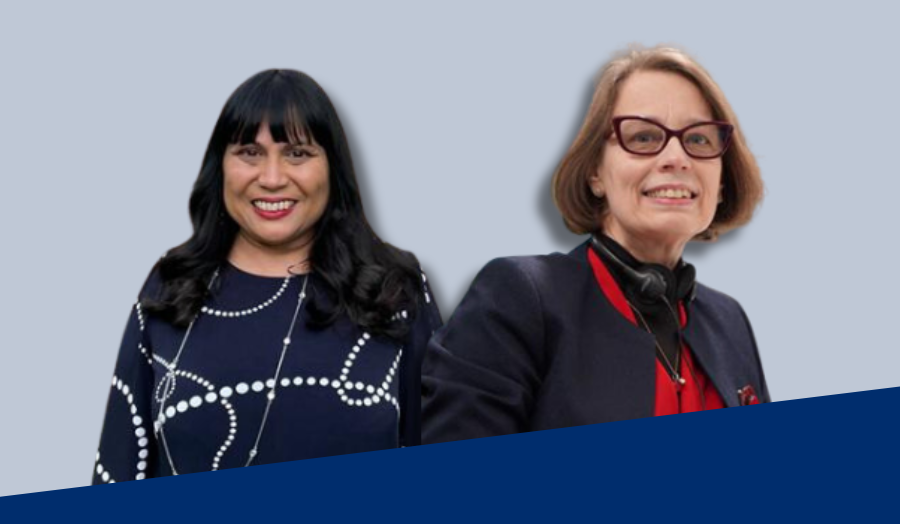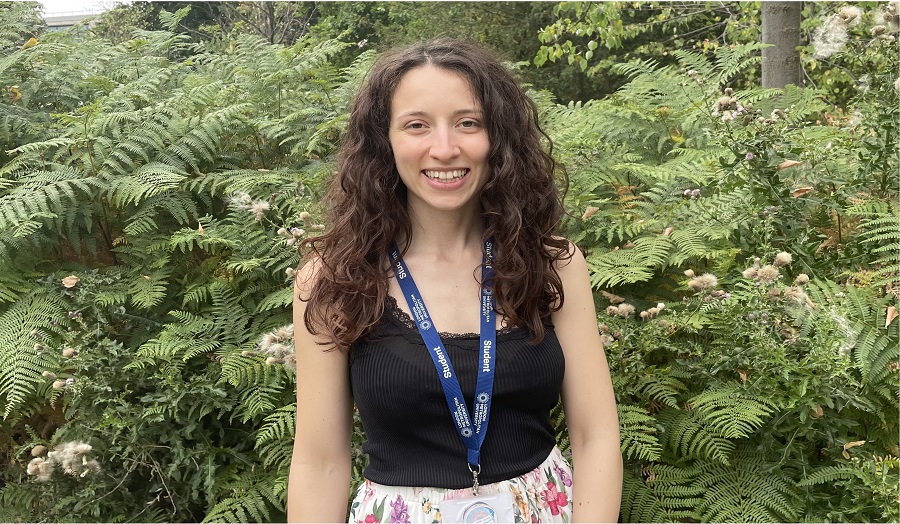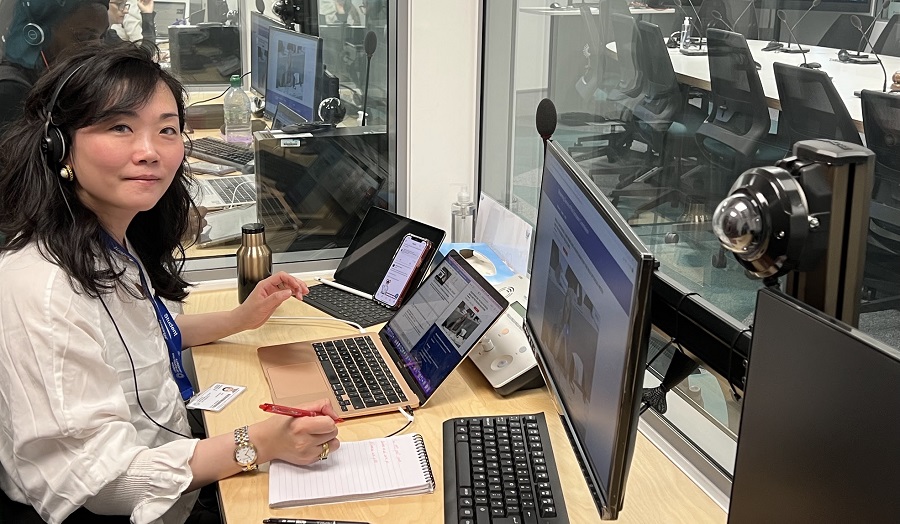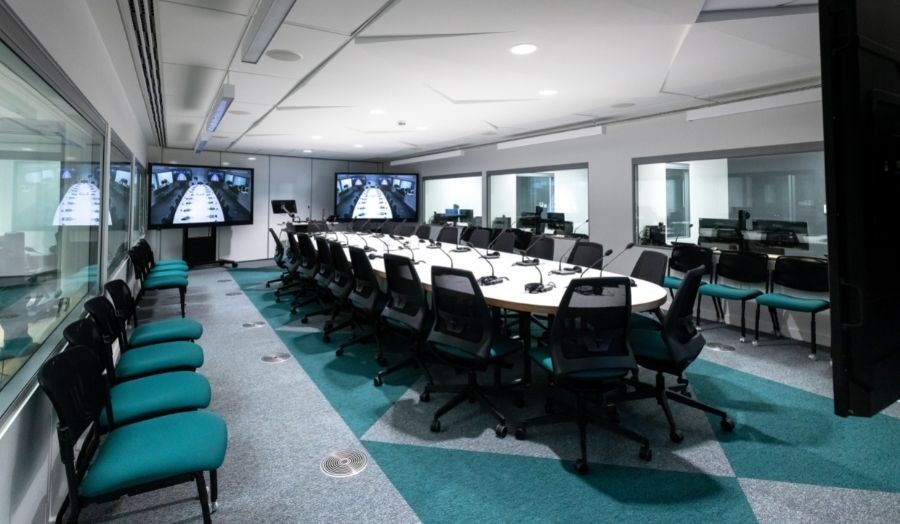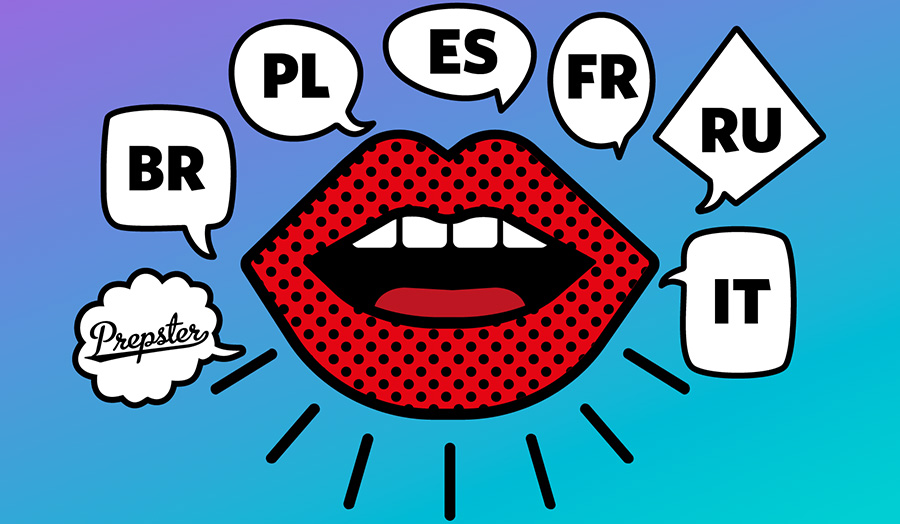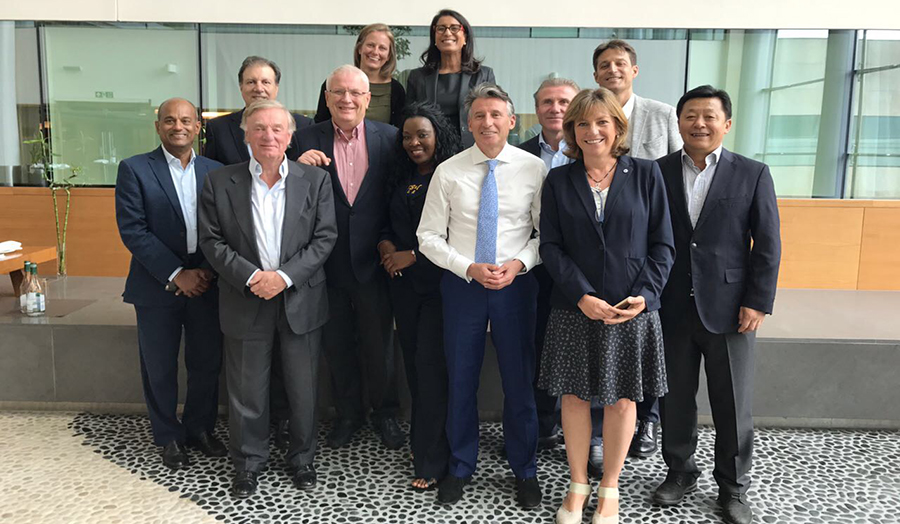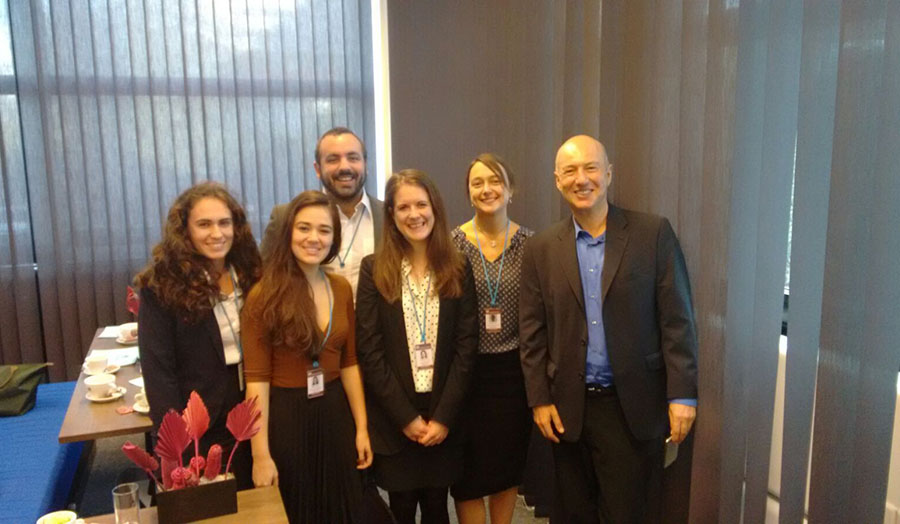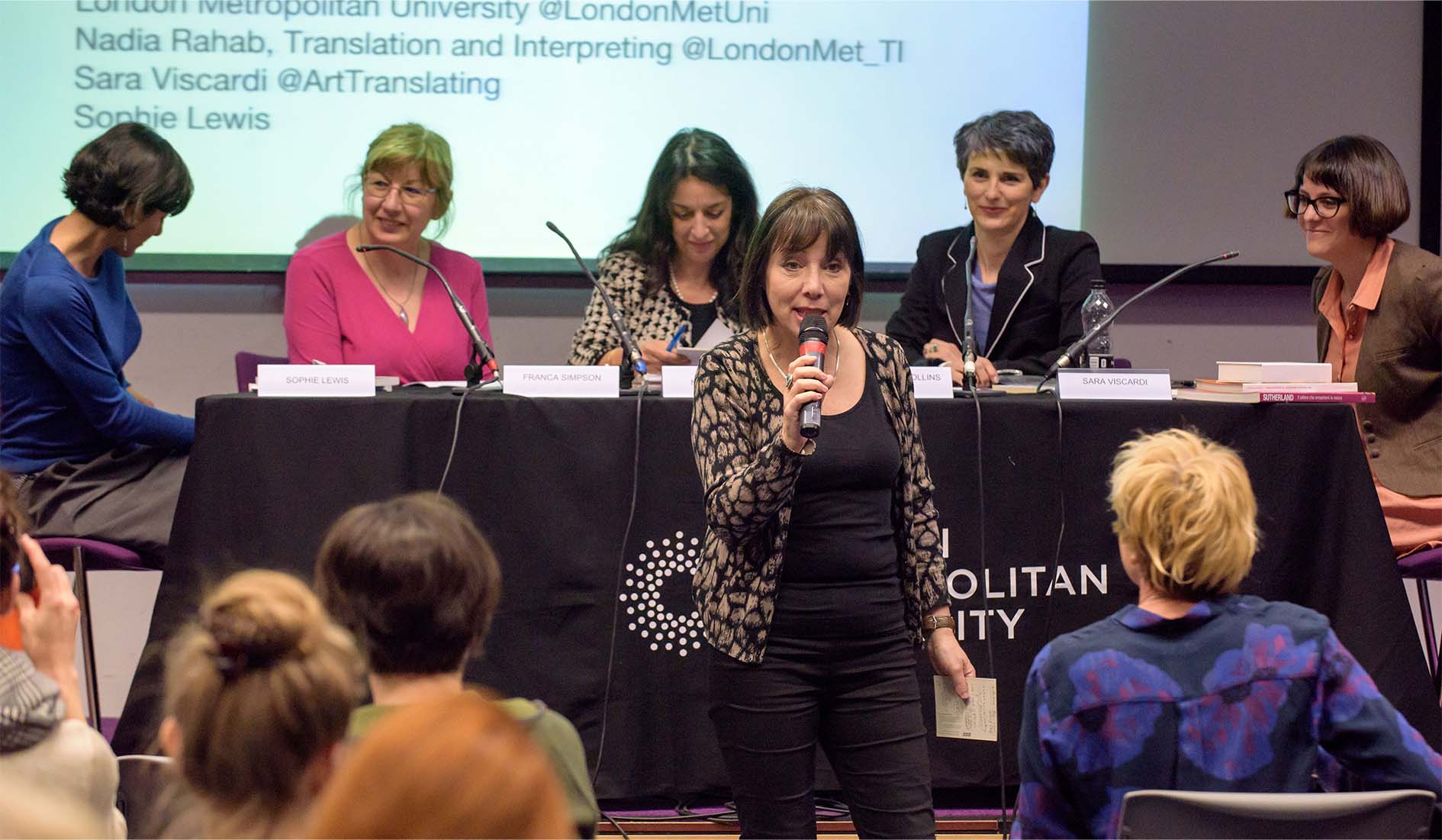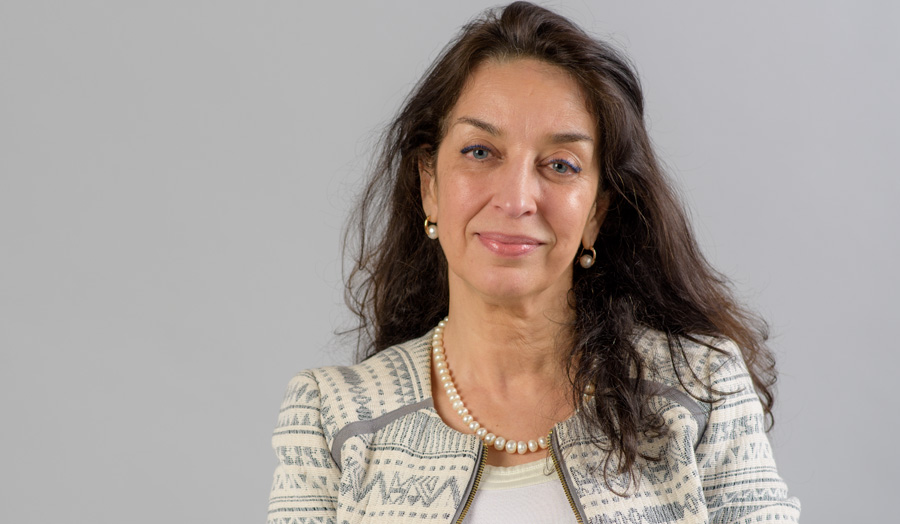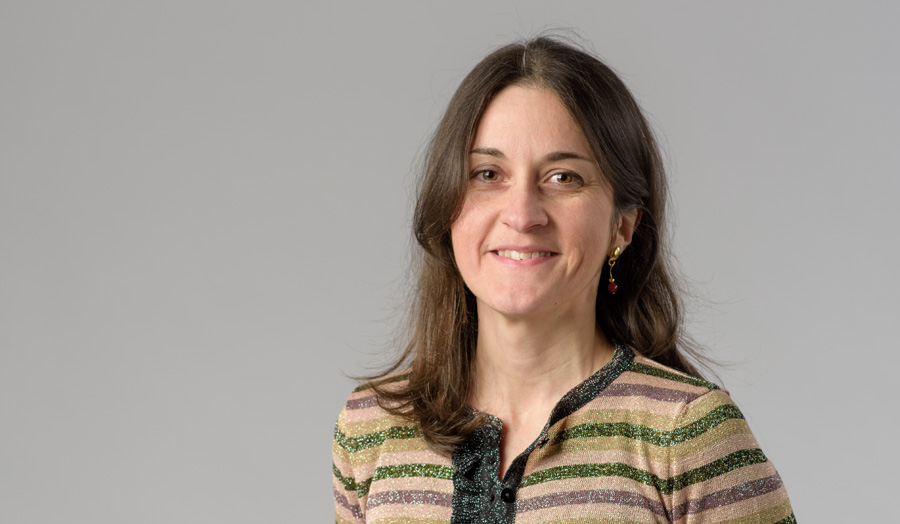Apply for this course
Please select when you would like to start:
Use the apply button to begin your application.
If you require a Student visa and wish to study a postgraduate course on a part-time basis, please read our how to apply information for international students to ensure you have all the details you need about the application process.
Why study this course?
Enhance your career opportunities and employability in the translation industry with this Specialised Translation Postgraduate Certification.
Gain practical experience in a range of specialised translation areas including medicine, law, IT, politics, advertising and business.
You can study this course in the following languages, all paired with English: Arabic, Mandarin, French, German, Greek, Italian, Japanese, Polish, Portuguese, Russian and Spanish.
This course offers a distance learning option for full time (one year) and part time (two years) students. Students from both courses are taught together in a synchronous hybrid mode as one community of learners.
Choose from a wide variety of languages
You can study this course in the following languages, all paired with English: Arabic, Mandarin, French, German, Greek, Italian, Japanese, Polish, Portuguese, Russian and Spanish
Take your career to the next level
This course is ideal if you’re a practising translator who wishes to improve your knowledge of translation while also gaining practical experience
Study translation in a range of professional contexts
Gain practical experience in a range of specialised translation areas including medicine, law, IT, politics, advertising and business
Course modules
The modules listed below are for the academic year 2024/25 and represent the course modules at this time. Modules and module details (including, but not limited to, location and time) are subject to change over time.
Year modules
Characteristics of Specialised Texts
This module currently runs:autumn semester - Wednesday afternoon
autumn semester - Wednesday afternoon
(core, 20 credits)
This module is designed to introduce students to the main features of specialised texts. This involves the analysis of the characteristics of specialised language in general, and as applied to the six specialised fields such as Advertising, Business, IT, Medicine, Law and Politics.
You will analyse semi specialised texts and carry out research of the potential resources out there to help you started with all that text analysis has to offer. Thus, you will further develop your texts analysis skills and knowledge of the fields, including their linguistic, technical and sociocultural features.
If there are no sufficient student numbers to make a module viable, the school reserves the right to cancel such a module. If the School cancels a module it will use its reasonable endeavours to provide a suitable alternative.
Read full detailsThe Translator and the Specialised Text
This module currently runs:spring semester - Monday afternoon
autumn semester - Wednesday afternoon
autumn semester - Wednesday afternoon
spring semester - Monday afternoon
(core, 20 credits)
You will translate specialised texts in different domains of low level of specialisation in a variety of fields, registers and styles, with emphasis on producing professional translations using dedicated professional software. The topics will cover, for example, Advertising, Business, Law, Medicine, IT and Politics.
You will be trained to translate specialised material into your native language by identiftying and analysing manisfestations of culture and discern culural complexitites; as well as cultural norms and describe how these affect your translation choices.
If there are no sufficient student numbers o makea module viable , the school reserves the right to cancel such a module. If the School cancels a module it will use its reasonable endeavours to provide a suitable alternative.
Read full detailsTranslating for International Organisations
This module currently runs:spring semester - Wednesday evening
spring semester - Wednesday evening
(core, 20 credits)
This is an option module, which focuses on translating texts induced in institutional contexts. The module looks at specificity of texts authored by the institutions in question and provides students with an opportunity to utilise institutional resources (available online) to create target texts complying with institutional standards.
The module offers students another pathway into specialisation and therefore enhances their employability opportunities (working as a freelance or in-house translator with the UN or EU). By choosing this option module you will:
1. develop a comprehensive understanding of practical and theoretical aspects of translation, culture and texts from various fields pertaining to international organisations
2. enhance the skills and tools acquired in previous modules and necessary to analyse texts related to international organisations and apply the appropriate translation strategies for effective translation
3. learn to critically examine key issues in the translation of institutional texts and develop further your analytical ability to assess and reflect on translations, identify problems arising out of them and use suitable translation solutions
4. develop the ability to produce a translation following professional standards, which will allow you to compete as a translator /communicator in the context of international organisations.
If there are no sufficient student numbers to make a module viable, the school reserves the right to cancel such a module. If the School cancels a module it will use its reasonable endeavours to provide a suitable alternative.
Read full details

